Recycling bin audit programme comes to an end
Council and Smart Environmental staff will do their last round over the coming three weeks checking people's recycling bins as part of council’s bin audit program.
The bin audit program that has been running since December 2022 will come to end and mid next month. The program aims to educate residents on how to recycle right to reduce recycling contamination.
Council’s solid waste coordinator Juliana Ruiz says “After we started the programme in December, the amount of contaminated recycling dropped by 13% compared with the previous month. At 19% contamination, this is the lowest level we have seen since beginning recording.”
Council started the programme on 7 December 2022 and since then staff has checked recycling bins in Westport, Carters Beach, Reefton and Waimangaroa. Previously our recycling contamination rate saw an average 29.9% of recycling in Buller ends up going to landfill instead of recycling due to things like not being rinsed, bottles and jars with lids on, having food scraps stuck to it, or be mixed with items that cannot be recycled.
Ms Ruiz says: “We had a positive response from residents saying that it is good that council is undertaking this kerbside audit programme. We have not received complaints this year like we did last year, when we checked recycling bins for the first time. The figures and the responses from residents are promising and shows that the programme helps people to change their habits and behaviors.”
The audit programme, which was first trialled at the beginning of 2022, involves recycling bins being checked and receiving a green, yellow, or red tag based on their compliance with the district’s recycling guidelines. Each household that has their bin checked is supplied with a recycling guide how to improve their recycling.
Staff check bins ahead of collection to prevent bins with incorrect items being loaded onto the collection truck. This minimises contamination of other recyclable materials, as once a non-complying bin is loaded it can spoil the contents of the whole truck.
Ms Ruiz says: “It is key that residents understand how to recycle right and keep doing it. Knowing what can and can’t be recycled helps people understand what goes to landfill. In turn, this can inform people’s purchase decisions and help avoid the creation of rubbish in the first place.”
Staff supplied residents with advice specific to their recycling mistakes when checking the bins and collect data of residents who are not showing improvement and require further education.
Ms Ruiz says: “We learned a lot from our first audit round in early 2022 and for this year we have updated our flyers and used an App to record where we checked bins and what tags we issued. These improvements made the process a lot smoother and enabled us to gather better insights.”
The most common recycling errors are bottle lids being left on, and cardboard such as pizza boxes being mistaken for recycling. Cardboard that has contained food such as chips or pizza is contaminated with food and therefore needs to go into the rubbish.
Ms Ruiz says:” We aim to do it next summer and ideally want to run the programme for six-months budget permitting.
In the long-term a low recycling contamination rate will benefit all residents in Buller since we pay with ratepayers' money to dispose of it as landfill. It is a collective effort, and everyone can do their part by recycling right.”
Council’s website contains a lot of information on what can and can’t be recycled.
-ENDS-
further information please contact:
Solid waste coordinator
Juliana Ruiz
Juliana.ruiz@bdc.govt.nz
